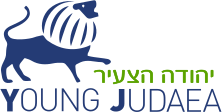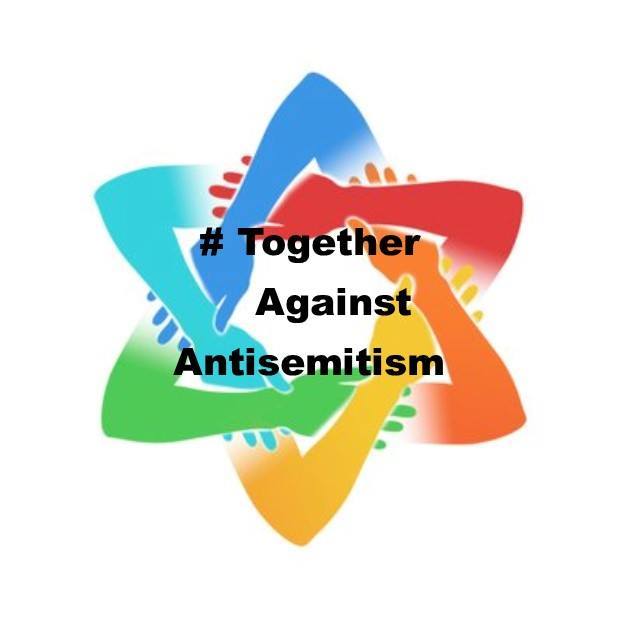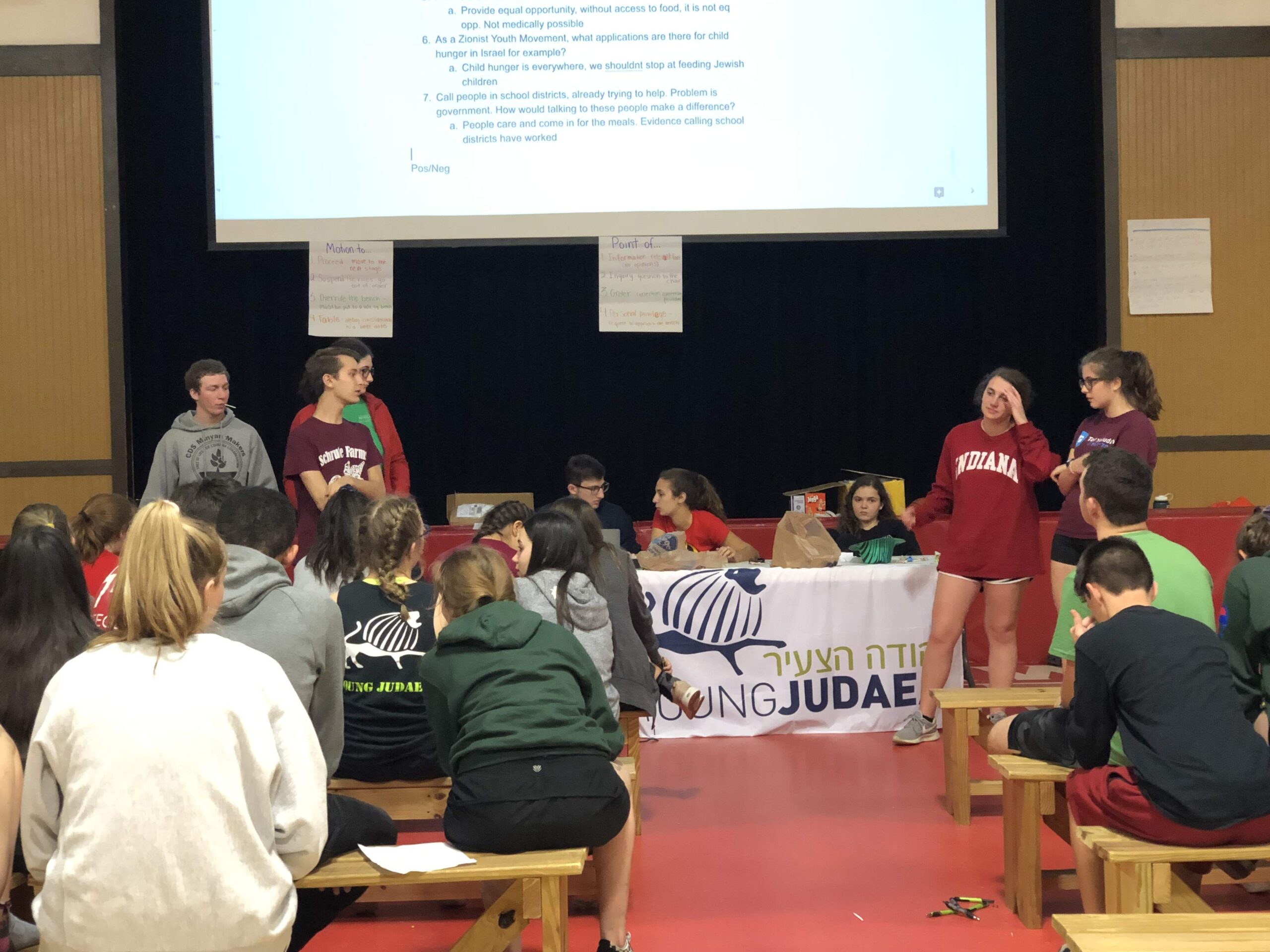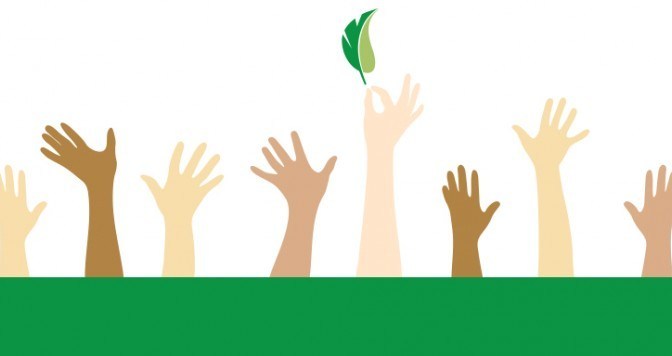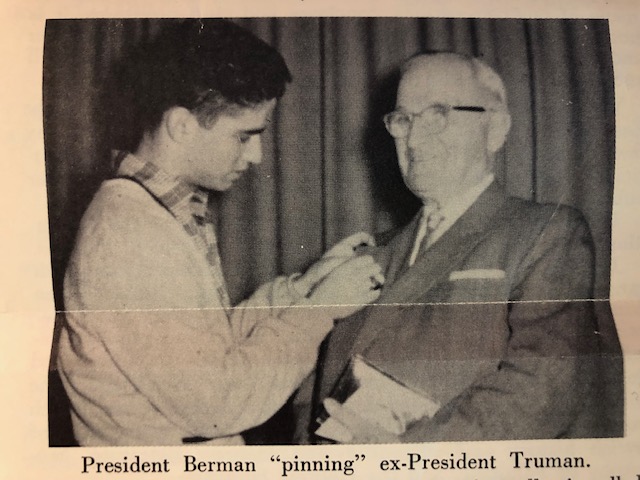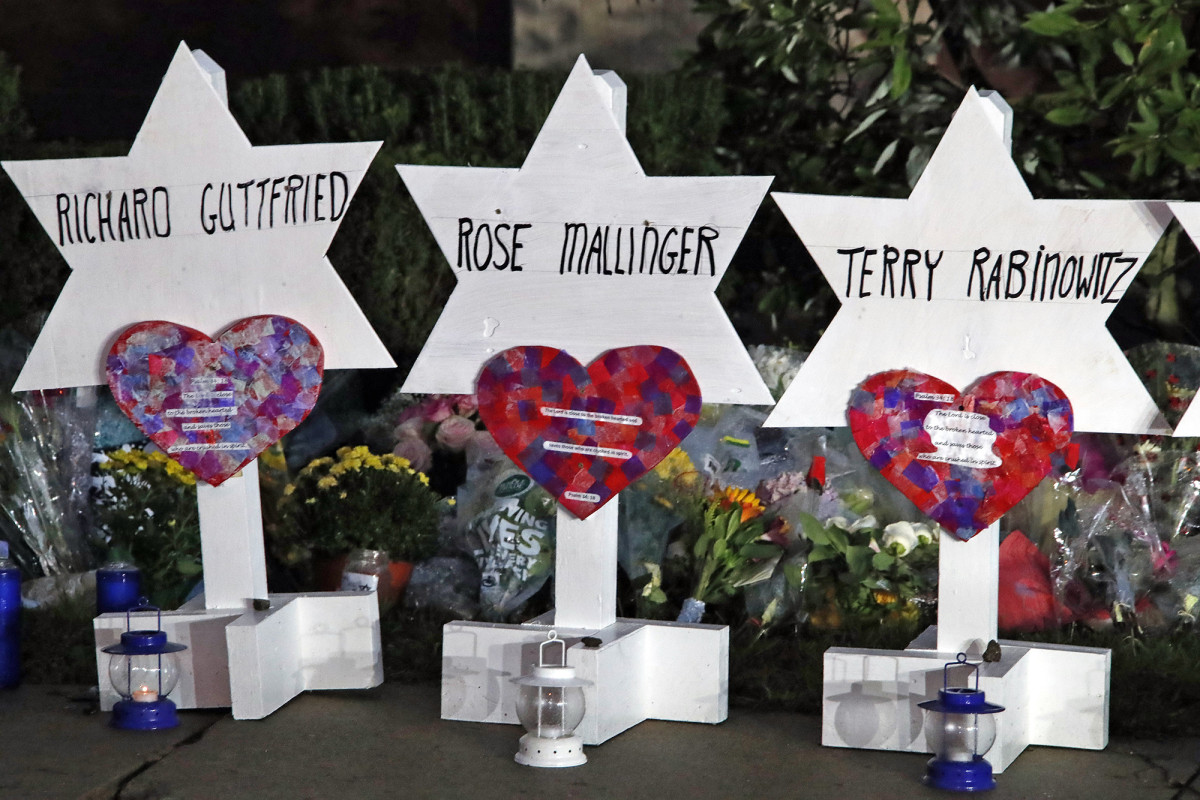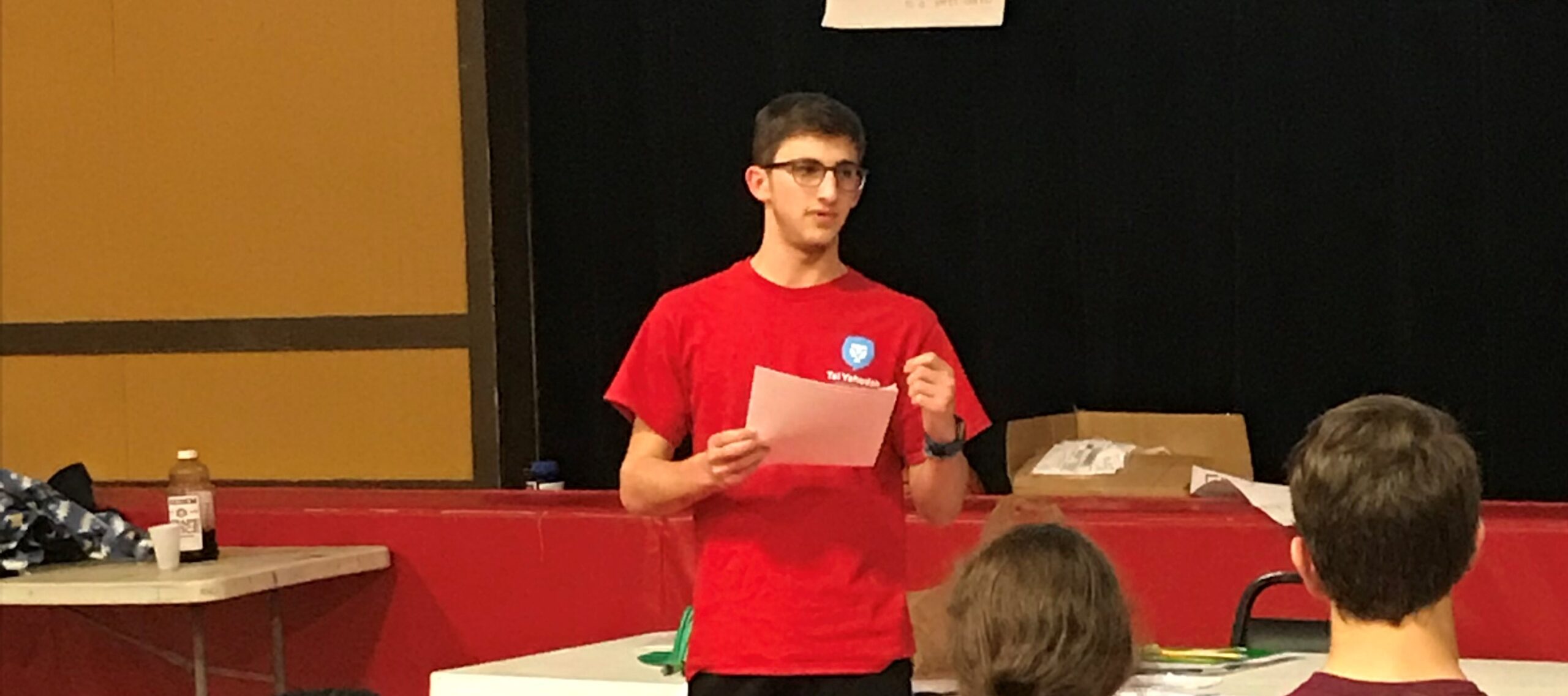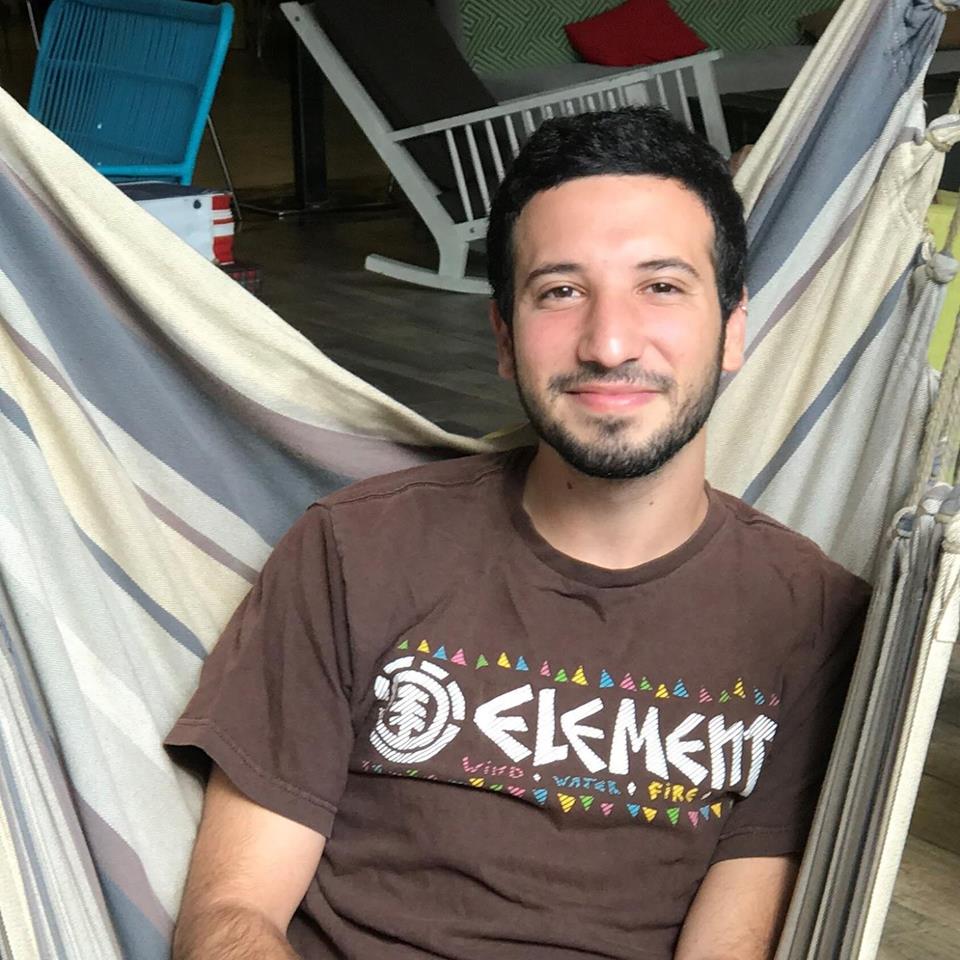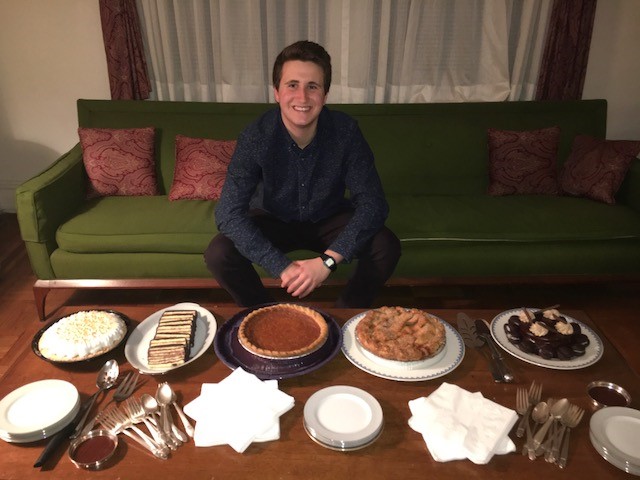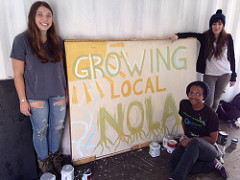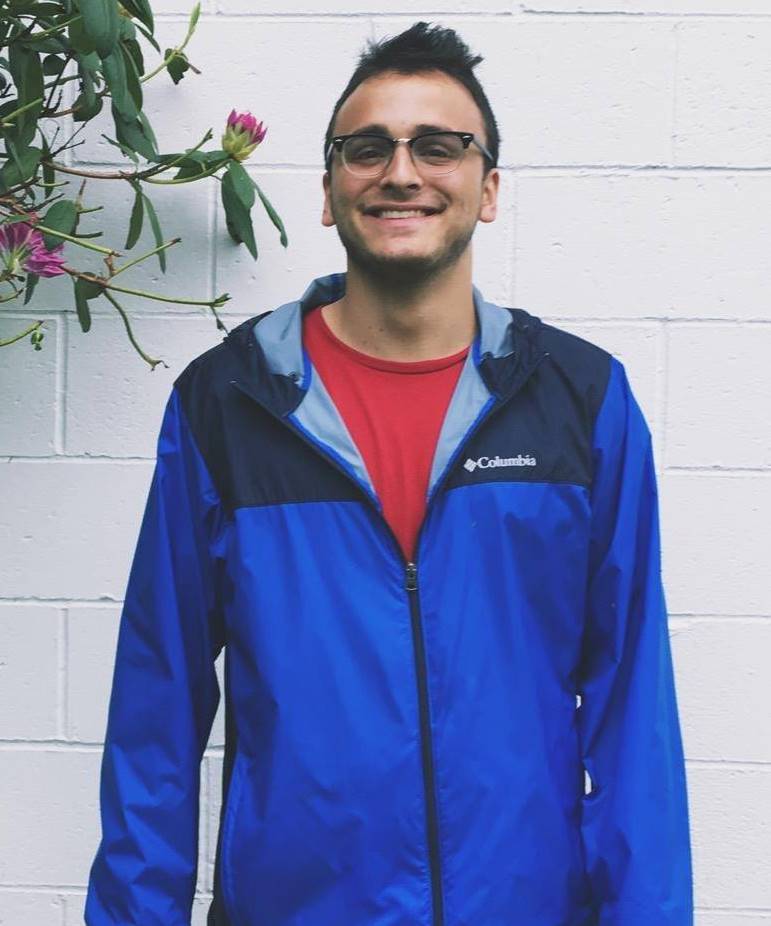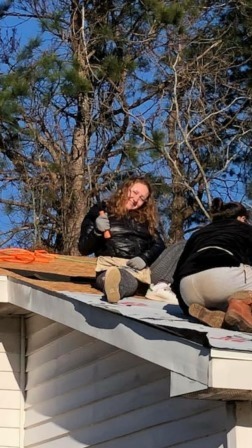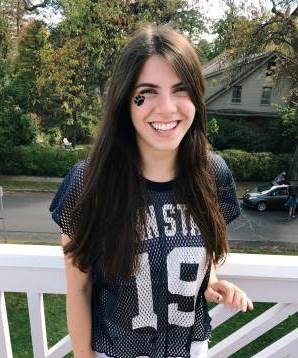
My First Time (Voting That Is)
DANIEL VAYNSHTEYN – CHARLOTTE, NC
As someone who has been a part of Young Judaea for a long time, voting had always been something I looked forward to. From learning about the importance of the State of Israel from Camp Judaea as a kid to my experience in DC on the Hadracha Program at Camp Tel Yehudah, I had been raised to comprehend the power one vote can have in an election. It was Young Judaea that inspired me to become politically active: taking part in AIPAC summits and lobbying my representatives in favor of Israel and even volunteering for a local congressional candidate’s campaign.
Before I went out to vote, I spent a long time researching candidates and their positions, including watching local debates and comparing them to my stances. I live in the Ninth Congressional District of North Carolina, a highly contested district which was considered up for grabs by polls and political pundits. Through the leadership experience and knowledge, I had received from attending YJ summer camps, I established where I stood on the candidates and the constitutional amendments up for referendum. I reached out to other young people who were first-time voters and friends and acquaintances of my parents, letting them know the importance to vote as well as explaining to them who I was voting for and why.
On Saturday, November 3rd, I went and I voted early. Though the process was simple and quick, I walked out feeling like I had made an impact on the future of our country. Days later on election day, I watched the results come in from the news, and I followed my district’s congressional races closely. Knowing that one of those ballots counted was mine gave me a sense of empowerment. It was through Young Judaea that I became interested and educated on the issues facing our country and the Jewish state. YJ also gave me the opportunity to live in a pluralistic environment where I could hear many different opinions and ideas.
CHARLIE DOVER – AUSTIN, TEXAS
This year, as I turned 18 in August, was the first time I was eligible to vote in the Texas 2018 midterms. Living in Austin, a very liberal city, voting craze was rampant. Everyone at my school was urging any person eligible to vote. The younger students were handing out voting guides so that we would know who we would want to vote for. On the second-to-last day of early voting, my music teacher took me and several students to a nearby voting station during lunch. I was in and out within 30 minutes. My friends on the other hand, took about 10 minutes longer, as they were more thorough. My music teacher texted our teacher to ask if it was okay that we were gonna be late. Our teacher responded, “Of course, we need more people going to the polls”.
Even though I am disappointed that Beto O’Rourke lost the election, I am hopeful for the future of our state and country. According to The Medium, the early voting rate among 18-29 year-olds in Texas increased by nearly five times compared to 2014 midterms. This high level of young voter engagement excites me and my friends about the 2020 elections!
